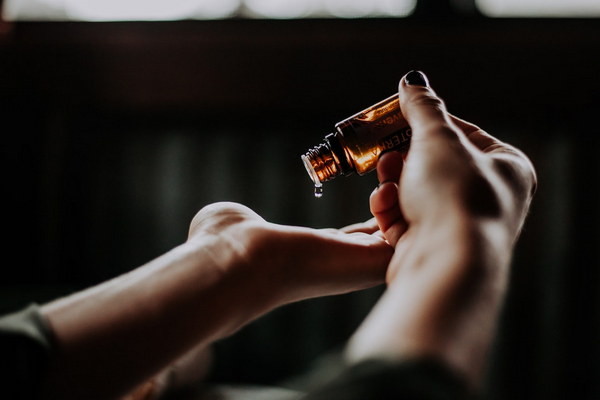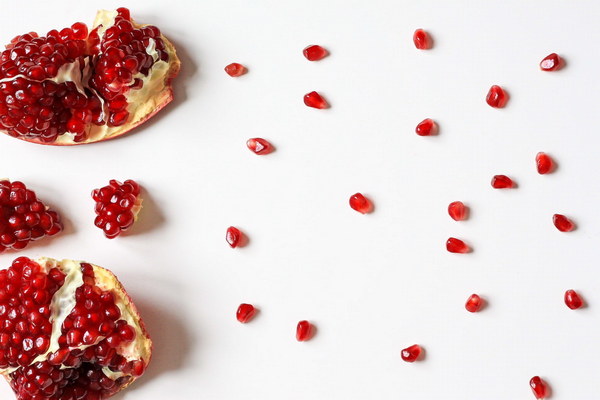Curing Gum Bleeding Due to Liver Issues A Guide to Liver Care and Oral Health
Curing Gum Bleeding Due to Liver Issues: A Guide to Liver Care and Oral Health
Gum bleeding, often a sign of poor oral health, can sometimes be indicative of deeper health concerns, such as liver problems. The liver plays a crucial role in filtering toxins from the bloodstream, and when it's not functioning optimally, it can lead to a variety of symptoms, including gum bleeding. If you're experiencing gum bleeding alongside concerns about your liver health, it's essential to understand how to care for both your oral and overall health. Here's a comprehensive guide to help you navigate this issue.
Understanding the Connection
To understand how to address gum bleeding due to liver issues, it's important to first understand the connection between the liver and oral health. The liver is responsible for producing bile, which helps to break down fats and absorb nutrients. When the liver is compromised, it may struggle to perform its functions effectively, leading to an accumulation of toxins in the bloodstream. These toxins can affect various parts of the body, including the gums.
The presence of toxins in the bloodstream can lead to inflammation and weakened blood vessels, which can result in gum bleeding. Additionally, liver dysfunction can affect the immune system, making it more difficult for the body to fight off infections, including those that can lead to gum disease.
Steps to Improve Liver Health
1. Healthy Diet: A balanced diet rich in fruits, vegetables, whole grains, lean proteins, and healthy fats can support liver health. Avoid processed foods, excessive alcohol, and sugary snacks, as they can put additional stress on the liver.
2. Regular Exercise: Physical activity can improve overall health, including liver function. Aim for at least 150 minutes of moderate-intensity aerobic exercise per week, along with strength training exercises.
3. Hydration: Drinking plenty of water helps to flush out toxins from the body, including the liver. Aim for at least eight glasses a day.
4. Avoid Harmful Substances: Reduce or eliminate the use of tobacco and limit alcohol consumption, as both can damage the liver.
5. Medication and Supplements: Consult with a healthcare provider about any medications or supplements that may affect liver function. Some herbs and supplements can be beneficial, but they should be used under professional guidance.
Oral Hygiene Practices
Improving oral hygiene is crucial for managing gum bleeding and preventing further damage to the gums. Here are some essential steps:
1. Brushing and Flossing: Brush your teeth at least twice a day with fluoride toothpaste and floss daily to remove food particles and plaque from between the teeth and under the gumline.
2. Antiseptic Mouthwashes: Use an antiseptic mouthwash to reduce the bacteria that cause gum disease. However, consult with your dentist before using a mouthwash, especially if you have a pre-existing condition.
3. Regular Dental Check-ups: Visit your dentist regularly for professional cleanings and to monitor your oral health. Your dentist can detect early signs of gum disease and provide appropriate treatment.
Managing Gum Bleeding
If you're experiencing gum bleeding, here are some immediate steps to take:

1. Rinse with Salt Water: Gently rinse your mouth with warm salt water several times a day to help reduce inflammation and promote healing.
2. Avoid Irritants: Stay away from spicy foods, hot drinks, and alcohol until your gums have healed.
3. Use a Soft-Bristled Brush: Switch to a soft-bristled toothbrush to minimize irritation to your gums.
4. Seek Professional Help: If your gum bleeding persists or worsens, it's important to consult with a healthcare provider or dentist. They can determine the underlying cause and recommend appropriate treatment.
Conclusion
Gum bleeding due to liver issues can be a complex problem that requires a multifaceted approach. By addressing both liver health and oral hygiene, you can take significant steps towards alleviating symptoms and preventing further damage. Remember, maintaining a healthy lifestyle and seeking professional care when necessary are key components of managing gum bleeding and promoting overall well-being.









